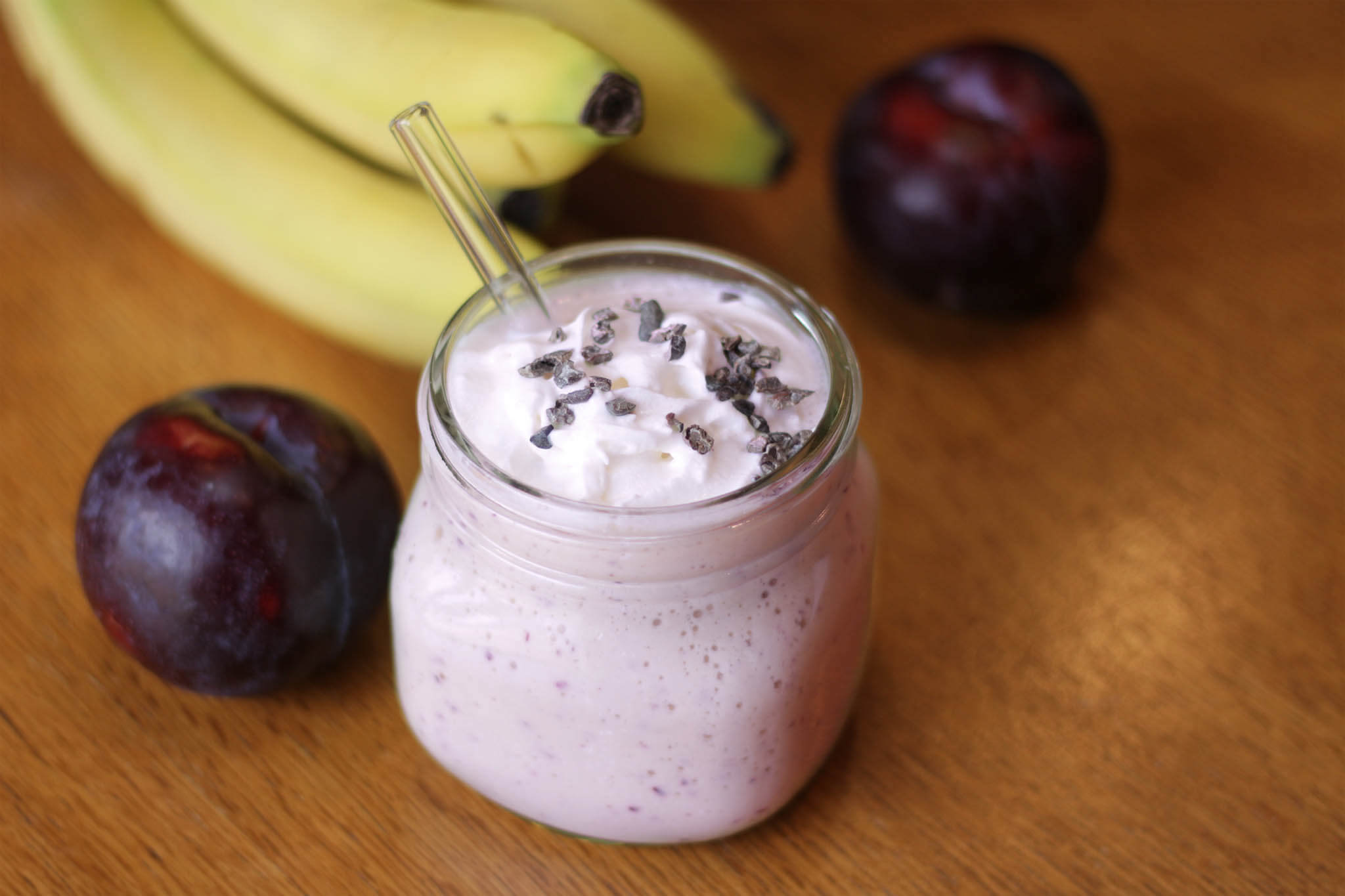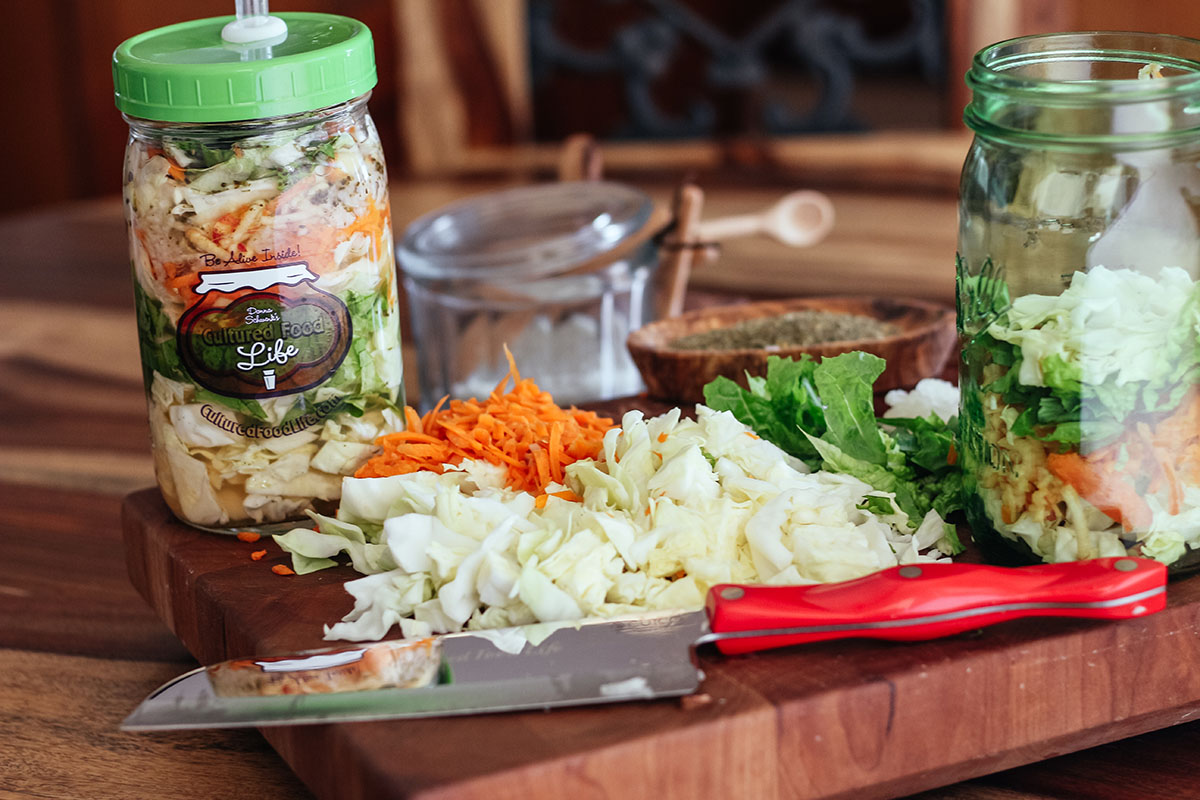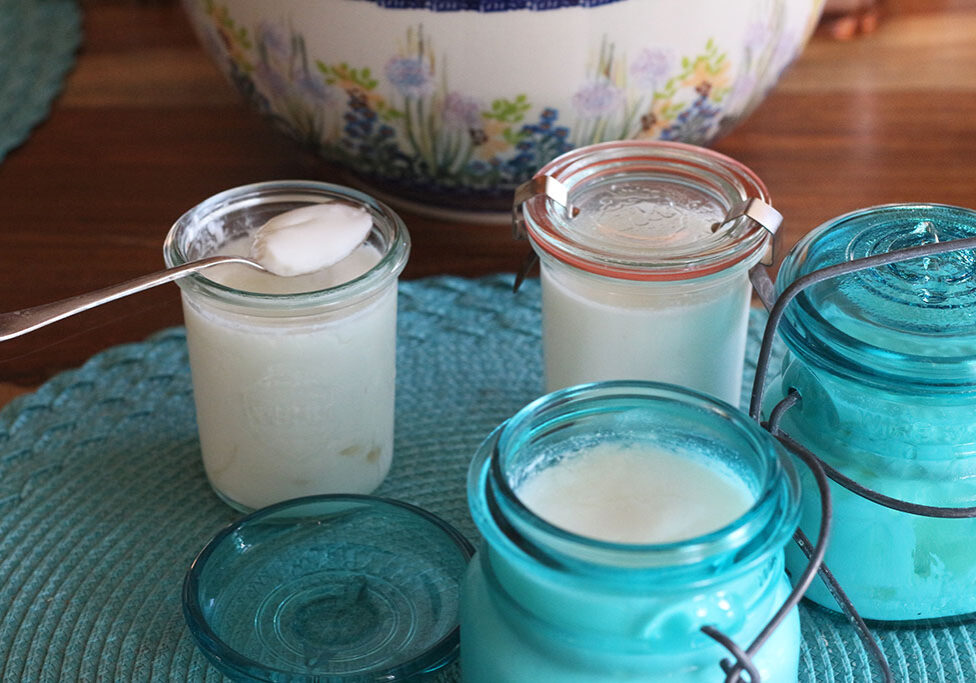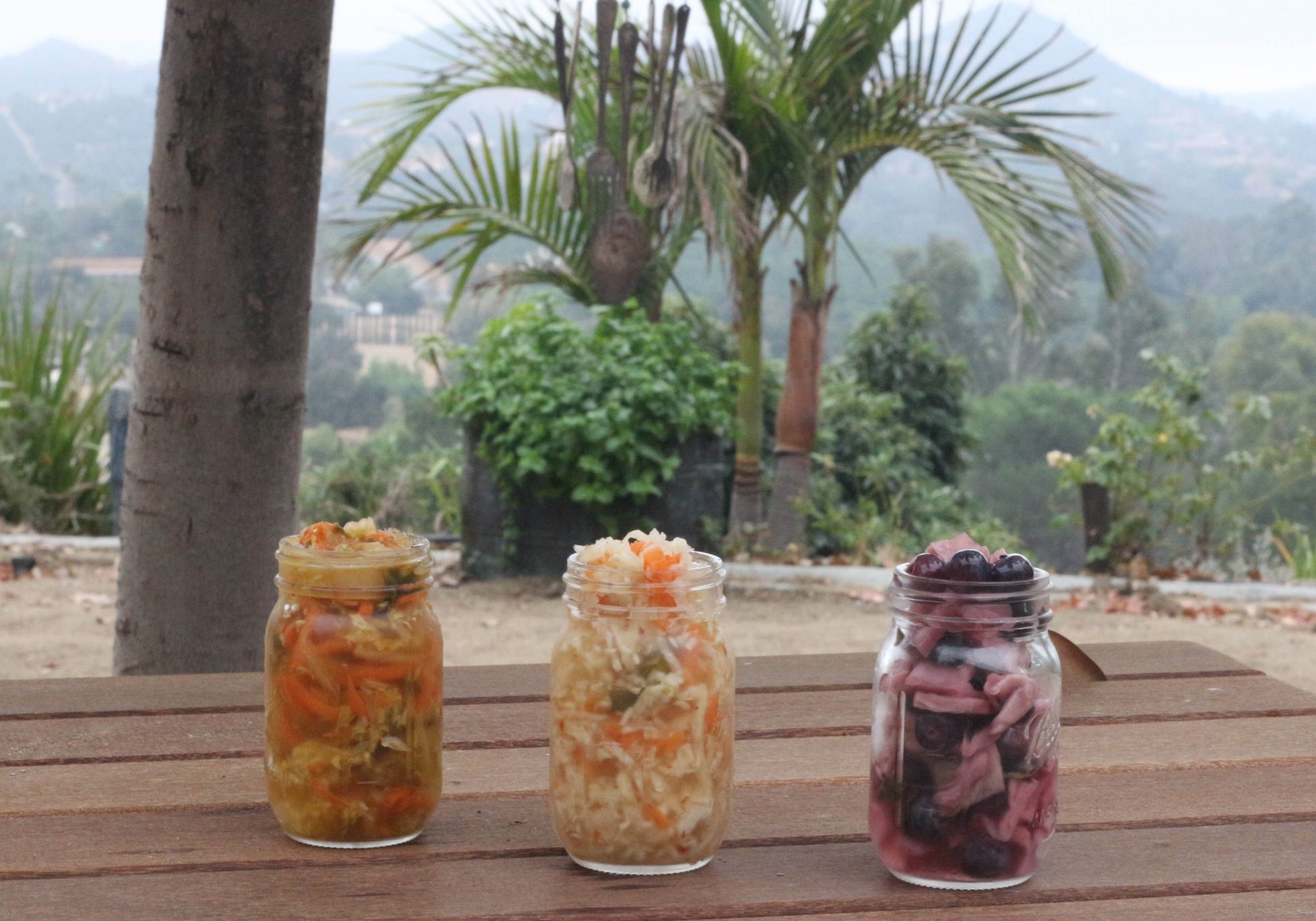
Oxalates and Why You Need Fermented Foods
Oxalates and Gut Health
Oxalic acid is an organic compound found in many plants. In fact, all plants produce oxalic acid at various levels. It is their natural defense against insects and other pests. The terms “oxalic acid” and “oxalate” are used interchangeably in nutrition science. Foods like spinach, beets, chocolate, and almonds are all high in oxalates.
The most common ailment associated with oxalates is kidney stones. If free oxalate and calcium bind in the urine, the resulting crystal may form a kidney stone. Higher oxalates can also cause joint pain or stiffness, fibromyalgia, or inflammatory bowel disease.
Our bodies produce oxalic acid on their own. Vitamin C can also be converted into oxalate when it’s metabolized, but typically oxalates bind to other minerals which then carry them out of the body. In most people, these compounds are then eliminated in the stool or urine. This can be a bit of a problem for our bodies. When oxalates bind to these minerals, the body can't use the minerals. Then our cells don’t get all the benefits of the minerals that it needs such as magnesium, calcium, and iron. This is why oxalates are called anti-nutrients. However, if you have lots of healthy bacteria in your gut it will degrade the majority of incoming oxalates and load you with B vitamins that also help remove oxalates from the body. Only 2-12% of oxalate in foods is absorbed through the gut into the bloodstream. (1)
Oxalate produced in the body
The body also makes oxalate in the liver. Enzymes that process oxalates for removal from the body require vitamin B6. That means people with low vitamin B6 won’t have the ability to properly clear oxalates compared to people with good nutritional status. Cultured foods are high in the good bacteria you need and all the B vitamins you need. It is one-stop shopping if you have lots of good bacteria. Your bacteria will take care of the oxalates and here's how.
The bacterium that helps degrade oxalate
There is one bacterium naturally found in the digestive tract, Oxalobacter formigenes (O. formigenes), that has the job to degrade oxalate. It uses only oxalates for energy, or rather it consumes it as a fuel source. Without special bacteria we have a hard time breaking down oxalates and they may go on to form kidney stones. O. formigenes is very susceptible to commonly used antibiotics and it's important to keep your gut bacteria thriving and healthy. Results from testing suggest that colonization with O. formigenes is associated with a 70% reduction in the risk of producing calcium oxalate or kidney stones. [2]
Cultured Foods Degrade Oxalates
In one study, adult volunteers who ingested a dose of O. formigenes had a reduced concentration of oxalate in their urine. [3] Another study showed that bacteria strains in cultured foods could be just as effective at reducing oxalate concentrations. This was seen in a four-week study in which six patients with major risks for kidney stones received a daily probiotic containing L. acidophilus, L. plantarum, L. brevis, S. thermophilus, and Bifidobacterium, all of which are found in cultured foods. The results showed a great reduction of oxalates in all six subjects.[4]
Another study, done by the California Dairy Research Foundation and Dairy and Food Culture Technologies, got similar results in a study of ten people. [5]
I consume all of the foods high in oxalates (like almonds, spinach, and chocolate) in high amounts and have never had a problem with kidney stones or kidney problems. But I have also consumed a kefir smoothie every single day for over 22 years. The bacteria in your gut are constantly working on your behalf to keep you healthy and strong; but if you have to take an antibiotic, you need to make sure you replenish your gut with those missing bacteria so they can continue to do their job. Probiotic supplements are not always a good idea since they can open up in parts of the body where they don't belong and cause more problems (like SIBO) than they can solve. Cultured foods speed to the parts of the body with a protective halo supplied by the food they're consumed in and as their preferred vehicle. It just works so much better to take fermented foods than supplements and they're cheaper, sustainable, and very delicious. Check out this article. Probiotic Foods or Supplements
Oxalates and Cultured Foods
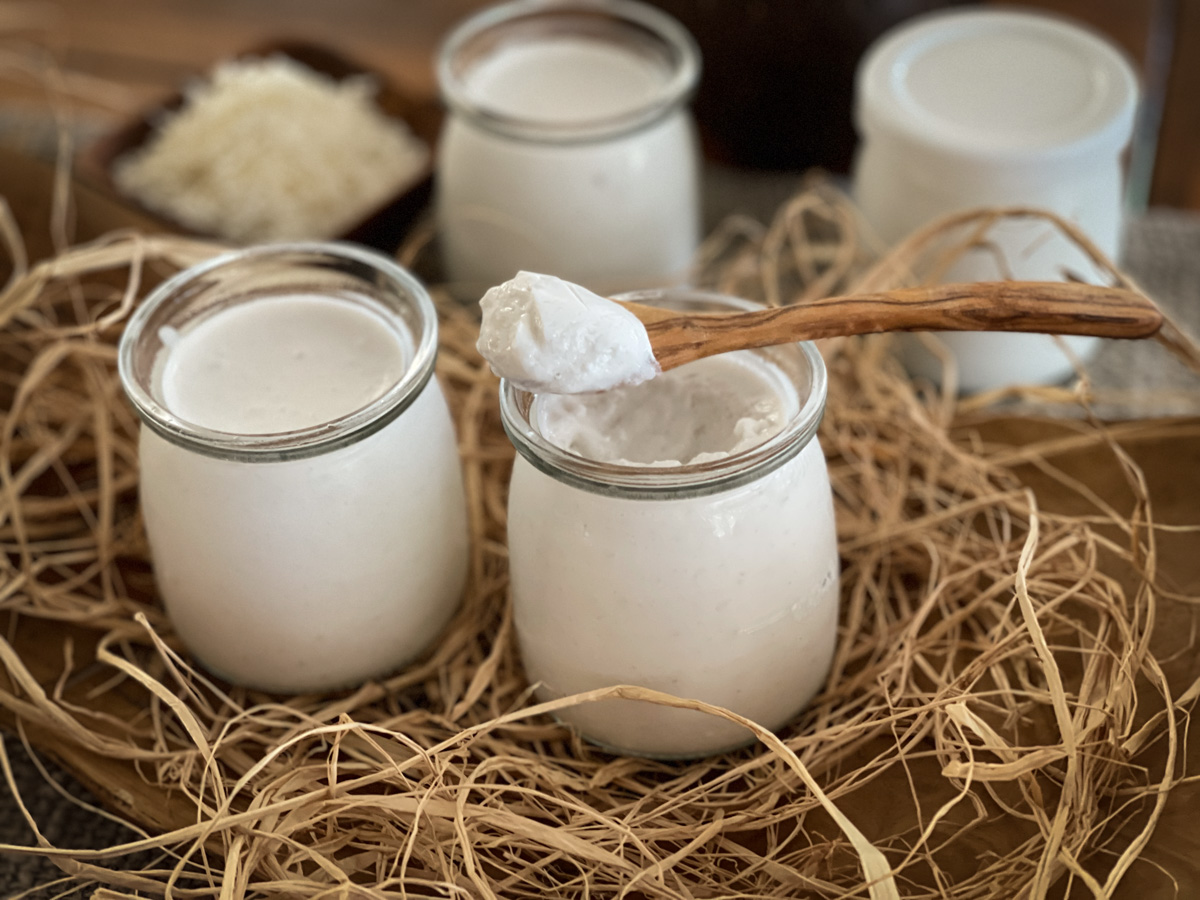
Carolyn Sue Barr'sTestimony
Hi Donna. I’m so excited I had to share my story. A year ago I found out through routine blood work that my kidneys were functioning at 43%. It was a shock and I was scared to death. I rocked along for a few months, changed my diet and saw little improvement. Six months ago I contacted you, Donna. You told me about kefir and fermented foods and I thought I would try this to see if something so simple could actually help me. I ordered my kefir grains from you and the Cutting Edge Veggie Starter. I started making kefir and having a kefir smoothie for breakfast every morning. I made sauerkraut and I have 2 tablespoons after lunch and dinner. Love it and love kefir. As the months went by, my kidney function started to improve. My eGFR number went from 43 to 48 to 54 to 57. Last week I had blood work done and praise God my kidney eGFR number was >60 which is in the normal range. I can’t tell you how excited my husband and I are and soooo very thankful for you and all your help Donna. You never tired of answering my questions almost daily. Thank you Donna and God Bless.

The Cultured Foods That help Degrade Oxalates
Listen To My Podcast
Oxalic acid is an organic compound found in many plants that we eat. In fact, all plants produce oxalic acid at various levels. Higher oxalates in the body that aren't broken down can produce kidney stones, joint pain, fibromyalgia, or inflammatory bowel disease. But the good news is that there are bacteria in your body and in fermented foods that break down these oxalates and render them harmless. Tune in to learn more.
References:
- https://pubmed.ncbi.nlm.nih.gov/24393738/
- https://www.ncbi.nlm.nih.gov/pmc/articles/PMC2396938/
- Ranganathan et al., “Pilot Study of Probiotic Dietary Supplementation for Promoting Healthy Kidney Function in Patients with Chronic Kidney Disease,” Advances in Therapy 27, no. 9 (September 2010): 634–47.
- Duncan et al., “Oxalobacter formigenes and Its Potential Role in Human Health,” Applied and Environmental Microbiology 68, no. 8 (August 2002): 3841-7.
- Campieri et al., “Reduction of Oxaluria after an Oral Course of Lactic Acid Bacteria at High Concentration,” Kidney International 60, no. 3 (September 2001): 1097-105.
- J.C. Lieskie et al., “Use of a Probiotic to Decrease Enteric Hyperoxaluria,” Kidney International 68, no. 3 (September 2005): 1244-9.
Are you on the list?
Sign up today and I'll send you my free Getting Started Guide!
Each week I'll send you updates, tips, recipes, and more! You might even be a winner of my weekly giveaway! (starter cultures, memberships, and more!)
Come be a part of my cultured food family!

